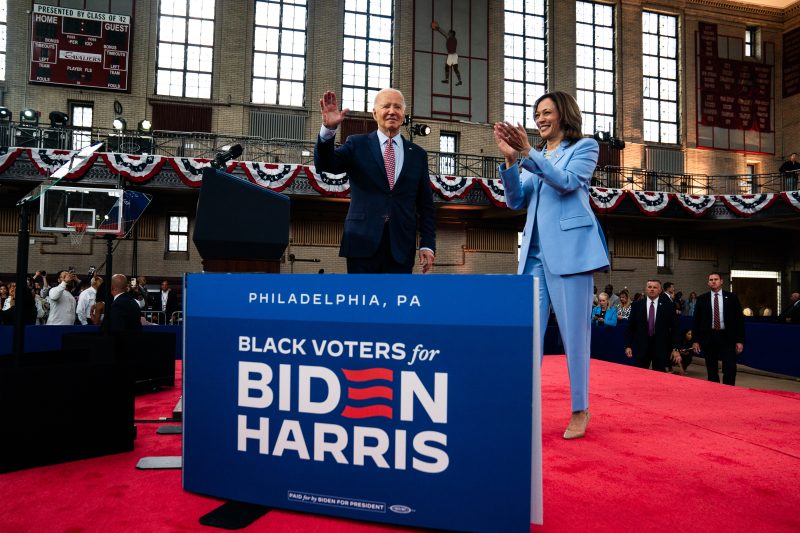In a world where political campaigns dominate the media landscape, the voices of the ordinary citizens often get drowned out by the cacophony of politicians vying for power. The recent presidential campaign in the United States has showcased this dynamic, with most Americans expressing a sense of disillusionment and disengagement from the electoral process.
One of the key findings from a recent survey conducted by the Pew Research Center is that a significant majority of Americans do not feel that their voices are being heard in the political arena. This sentiment of alienation from the political establishment is not only concerning but also highlights a deep-seated issue within the democratic framework of the country.
The survey revealed that only a small percentage of Americans believe that the presidential candidates are genuinely concerned about the needs and interests of the average citizen. This lack of faith in the political system stems from a myriad of factors, including the influence of wealthy donors, corporate interests, and the pervasive role of special interest groups in shaping policy decisions.
Moreover, the divisive and often polarizing nature of modern political discourse has further alienated many Americans, leading them to feel disconnected from the democratic process. The hyper-partisan environment that defines contemporary politics has made it increasingly challenging for individuals to engage in constructive dialogue and find common ground with those who hold differing viewpoints.
The prevalence of misinformation and disinformation in the media landscape has also contributed to the erosion of trust in political institutions. The proliferation of fake news and partisan propaganda has created a climate of uncertainty and doubt, making it difficult for citizens to discern fact from fiction and make informed decisions about the issues that affect their lives.
Despite these challenges, there is a glimmer of hope on the horizon. Grassroots movements and community-based initiatives are emerging across the country, driven by individuals who are seeking to reclaim their agency and make their voices heard. These efforts aim to foster a more inclusive and participatory democracy, one that prioritizes the needs of the people over the interests of the political elite.
As we navigate the complexities of the modern political landscape, it is essential for us to remember that democracy is not a spectator sport but a collective endeavor that requires active participation and engagement from all members of society. By working together to amplify the voices of the marginalized and disenfranchised, we can build a more just and equitable future for all Americans.

